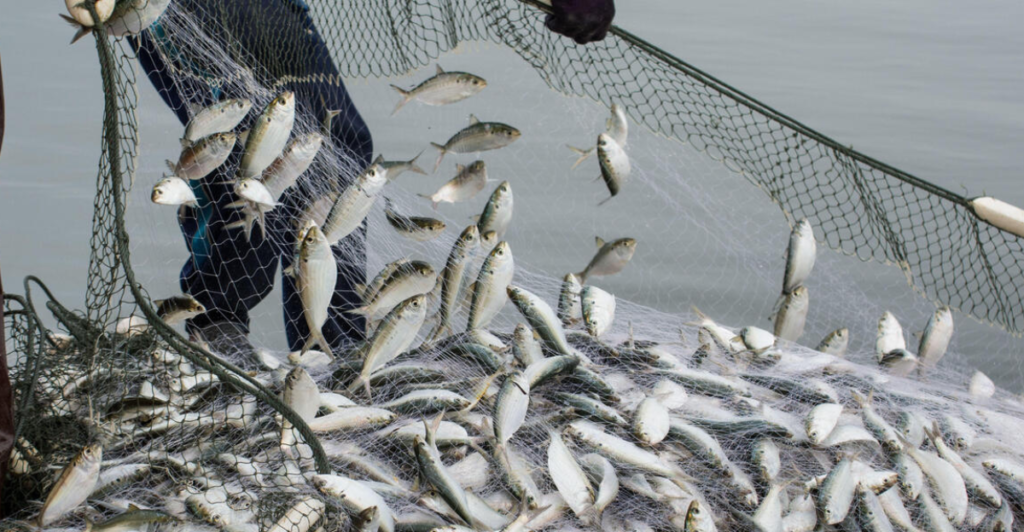
Mackerel stocks in the Northeast Atlantic are collapsing, and the blame lies squarely with unsustainable fishing practices by EU nations and neighboring countries. Despite repeated warnings from scientific bodies like the International Council for the Exploration of the Sea (ICES), quotas have consistently been set far above recommended levels, driven by political disputes and economic interests.
Once heralded as a sustainable choice, mackerel has lost its eco-friendly status, with populations plummeting due to overfishing and poor recruitment rates. This crisis threatens marine ecosystems and jeopardizes fishing communities that rely on mackerel for their livelihoods.
Overfishing and Its Impact
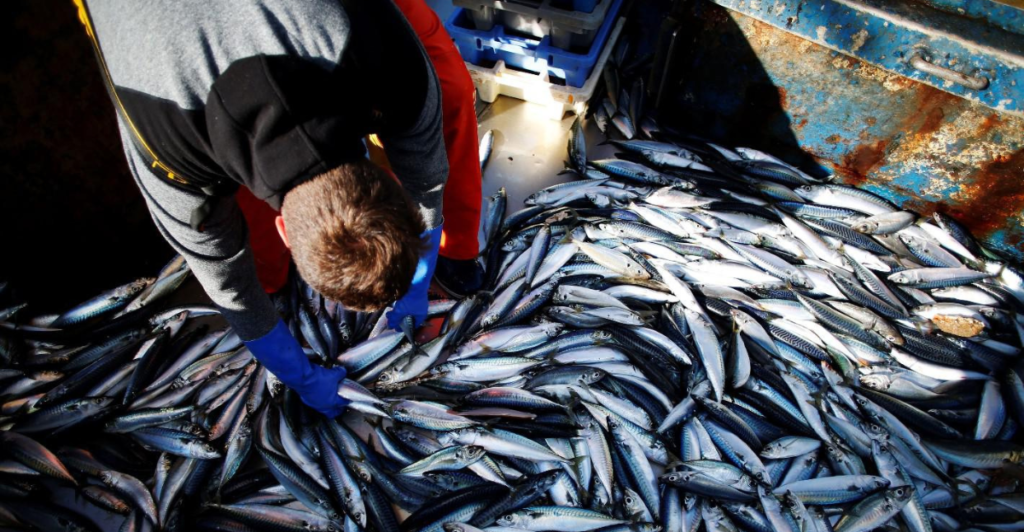
Overfishing has emerged as a critical threat to Northeast Atlantic mackerel stocks, driven by nations consistently exceeding scientifically recommended quotas. Since 2009, fishing limits have been surpassed by as much as 80%, leading to a steady decline in mackerel populations since 2015.
These fishing practices disrupt marine ecosystems and jeopardize predators like seabirds and whales that depend on mackerel for sustenance. The economic stakes are high, with mackerel representing a significant portion of regional fisheries, yet short-term national interests undermine long-term sustainability.
Scientific Advice Ignored
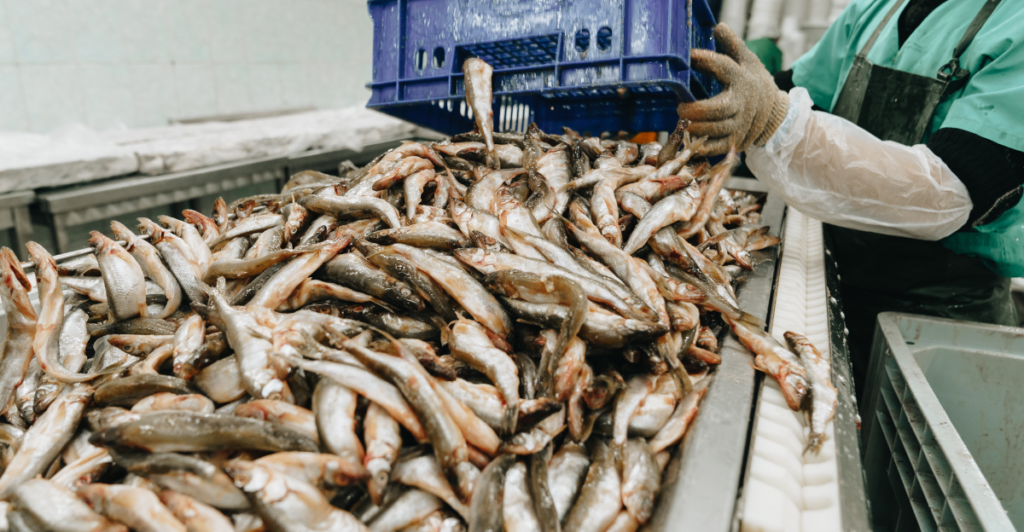
Despite clear and consistent scientific advice, coastal states harvesting Northeast Atlantic mackerel have repeatedly ignored recommendations from the International Council for the Exploration of the Seas (ICES). ICES has urged significant reductions in catch limits to prevent overfishing, yet quotas have often been set far above these guidelines, with some years exceeding advice by up to 80%.
“The UK government must lead the charge to align international catch limits with science,” said Alice Moore, manager of the Good Fish Guide at MCS. “We’ve seen fisheries push species like sharks to the brink—mackerel could be next if we don’t act.” This disregard for science-based management has led to suspending Marine Stewardship Council (MSC) certifications for mackerel fisheries, signaling their failure to meet sustainability standards.
Failed Negotiations Among Nations
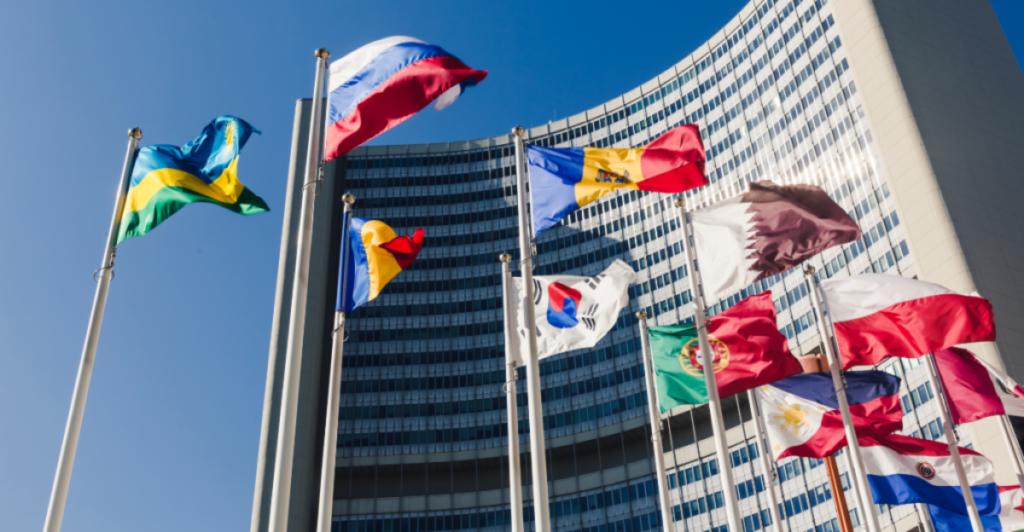
Failed negotiations among coastal states have been a major obstacle to sustainably managing Northeast Atlantic mackerel stocks. Despite setting a self-imposed deadline of March 31, 2023, to agree on quota shares, nations such as the EU, Norway, Iceland, and the Faroe Islands failed to reach a consensus, perpetuating overfishing and poor governance.
Political disputes and national interests have consistently derailed efforts to establish equitable and science-based catch limits, leading to unilateral quota-setting that exceeds sustainable thresholds. Without meaningful cooperation and a long-term management plan, these breakdowns in diplomacy threaten the future of mackerel stocks and the broader marine ecosystem.
Climate Change and Stock Dynamics
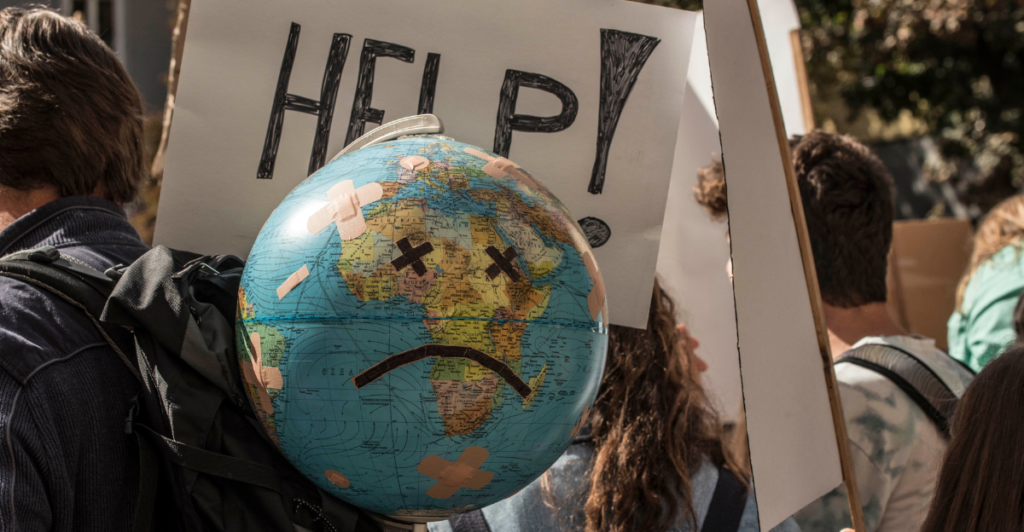
Rising sea temperatures drive mackerel to shift their distribution northward and into cooler, deeper waters, disrupting established fishing patterns and creating tensions among nations over access to these migrating stocks. These shifts also affect the species’ spawning and feeding behaviors and prey availability, which are closely tied to ocean temperature and primary productivity.
Projections suggest that these changes will accelerate, making it increasingly difficult for fisheries to predict and manage stock locations. “The continental shelf is warming, increasing the area over which the stock can be distributed, while at the same time, the stock is shifting northward.” said study co-author Jon Hare of the Northeast Fisheries Science Center (NEFSC).
Economic and Ecological Consequences
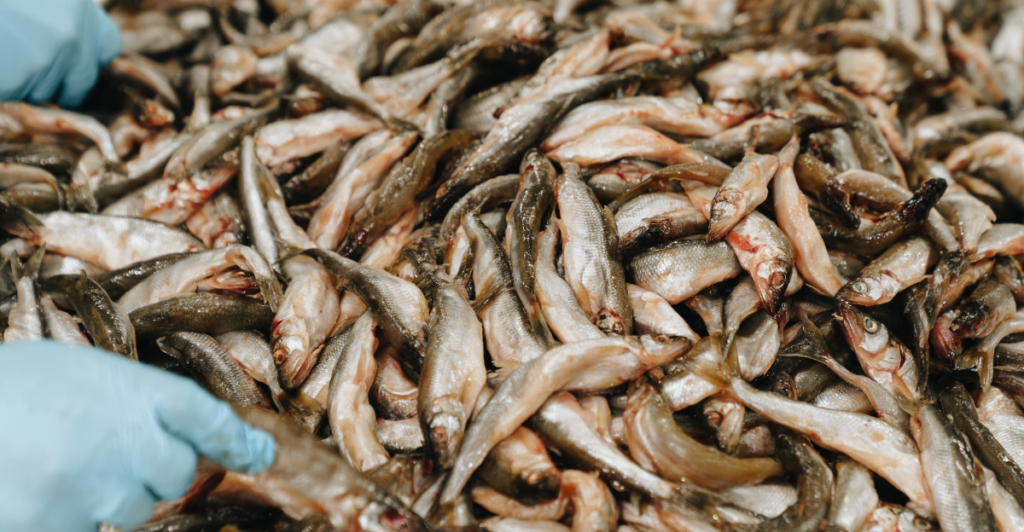
Economically, mackerel is one of the most valuable pelagic fish species, contributing significantly to the income of coastal states and supporting thousands of jobs in fishing communities across Europe. Overfishing jeopardizes these livelihoods, with fleets already facing reduced profitability due to declining stocks and rising operational costs such as fuel.
Ecologically, the depletion of mackerel disrupts marine food webs, threatening predators like seabirds, whales, and porpoises that rely on them for sustenance. The loss of biodiversity further destabilizes ecosystems and diminishes their resilience to climate change.
Consumer Choices Matter
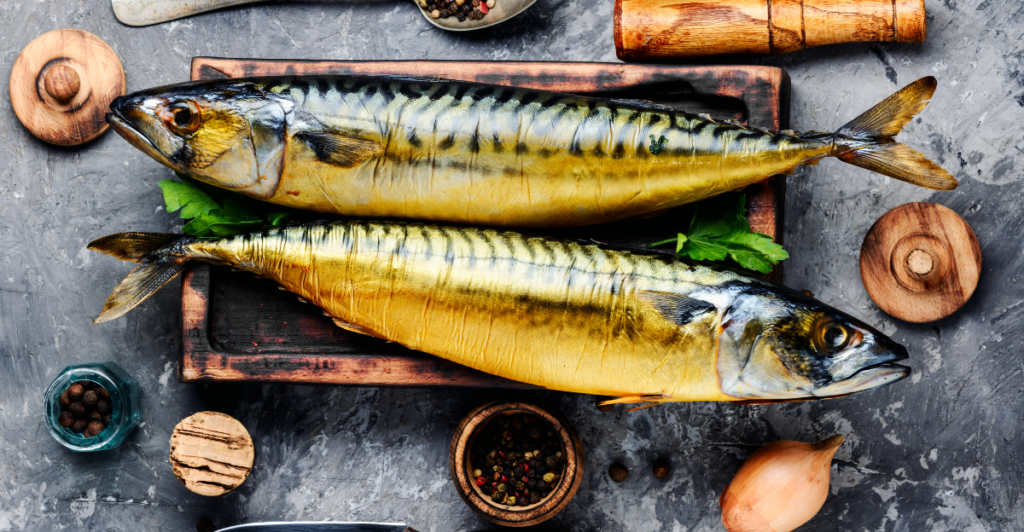
Consumers play a bigger role in mackerel stocks than you might think. By opting for sustainably sourced seafood, consumers send a powerful message to retailers and distributors, encouraging them to prioritize eco-friendly products. Studies have shown that sustainability labels, such as those from the Marine Stewardship Council (MSC), positively influence purchasing decisions when consumers are informed about their significance.
Awareness remains challenging, as many buyers lack familiarity with these labels or their implications for ocean health. Increased education and transparency, like adding QR codes to packaging that explain sustainability efforts, can bridge this gap and empower consumers to make informed choices.
Unilateral Quotas a Driver for Overfishing
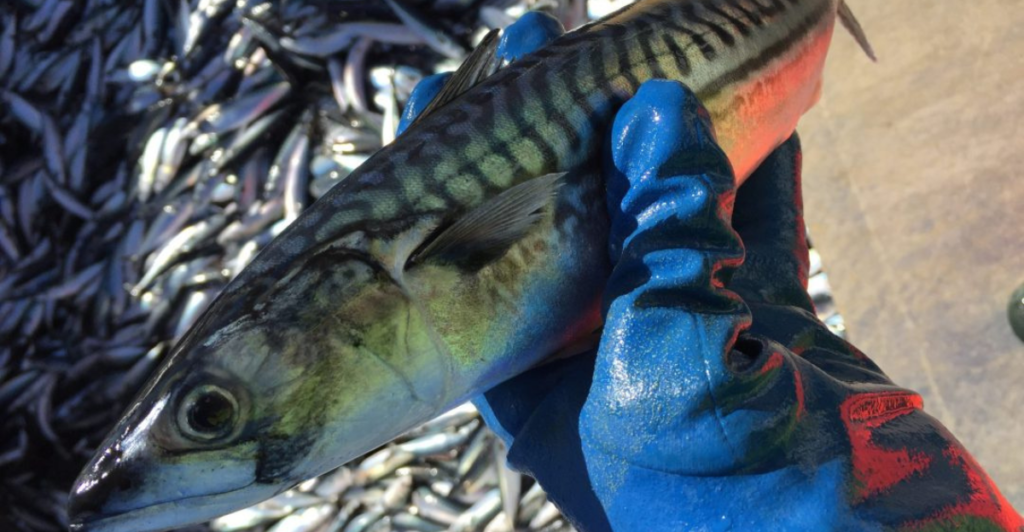
Coastal states such as the EU, Norway, Iceland, and the Faroe Islands have repeatedly set their catch limits without regard for international agreements or scientific recommendations for Total Allowable Catch (TAC). This fragmented approach undermines collective efforts to manage shared fish stocks sustainably and creates a “race-to-fish” dynamic, where nations compete to maximize their catch before others do.
These practices exceed sustainable thresholds, fuel political tensions, and weaken stakeholder trust. Without a unified and enforceable quota system, unilateral actions will continue eroding mackerel fisheries’ ecological and economic stability.
The Role of Certification Bodies
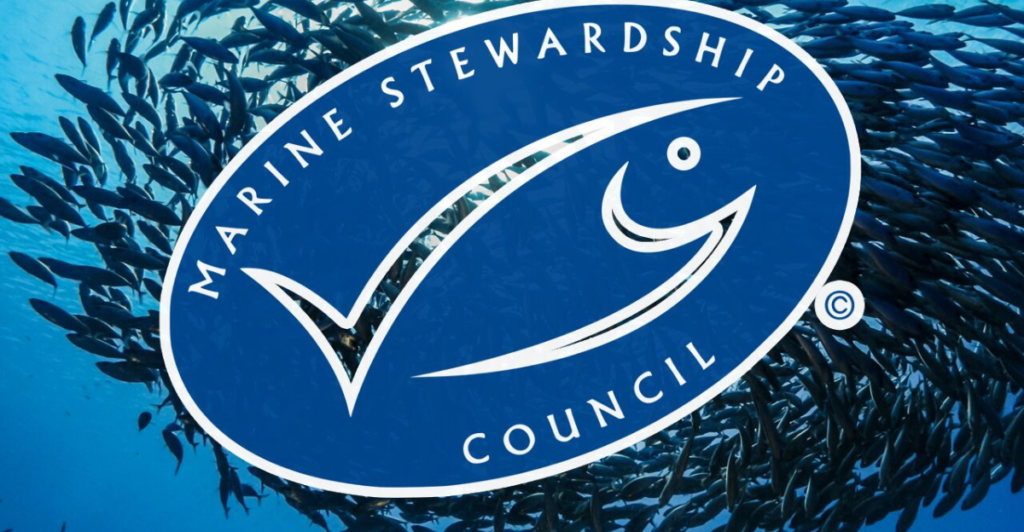
Certification bodies like the Marine Stewardship Council (MSC) play a major role in promoting sustainable fishing practices and mitigating the impacts of overfishing. By setting globally recognized standards based on the FAO Code of Conduct for Responsible Fisheries, these organizations incentivize fisheries to adopt best practices in catch documentation, monitoring, and ecosystem impact mitigation.
For instance, MSC-certified fisheries must undergo rigorous assessments and audits to ensure compliance with sustainability principles, fostering transparency and accountability throughout the supply chain.
An Urgent Need for Action
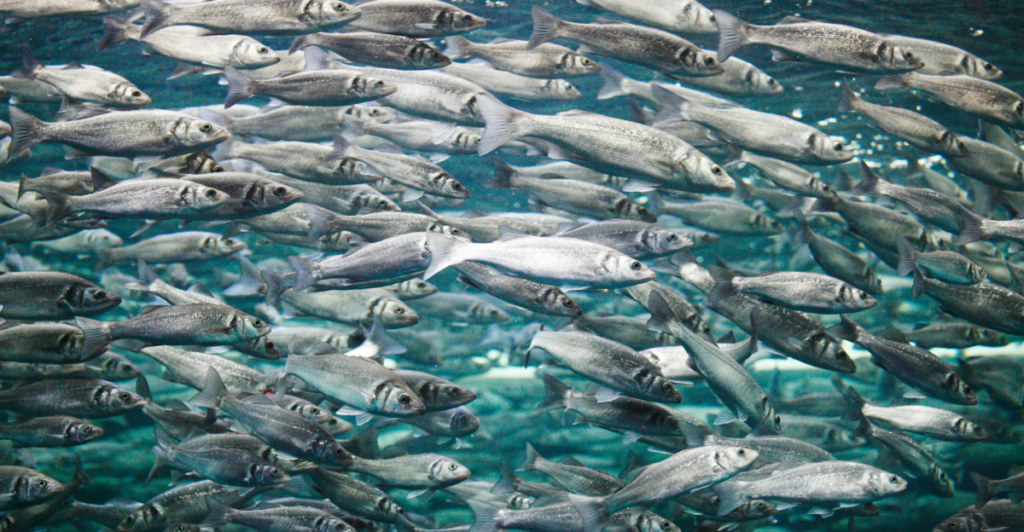
Coastal states, including the EU, Norway, Iceland, and the Faroe Islands, must overcome political deadlocks and prioritize cooperation to establish a long-term management framework. Scientific advice has consistently emphasized the importance of unified quota agreements and harvest control rules to ensure the sustainability of these vital stocks.
Recent failures in negotiations highlight the risks of fragmented decision-making. Unilateral quotas drive overfishing and undermine international governance. Aligning policies with global commitments, such as the UN Sustainable Development Goals and the High Seas Treaty, is essential to protecting shared fisheries and marine ecosystems.
Explore more of our trending stories and hit Follow to keep them coming to your feed!

Don’t miss out on more stories like this! Hit the Follow button at the top of this article to stay updated with the latest news. Share your thoughts in the comments—we’d love to hear from you!







